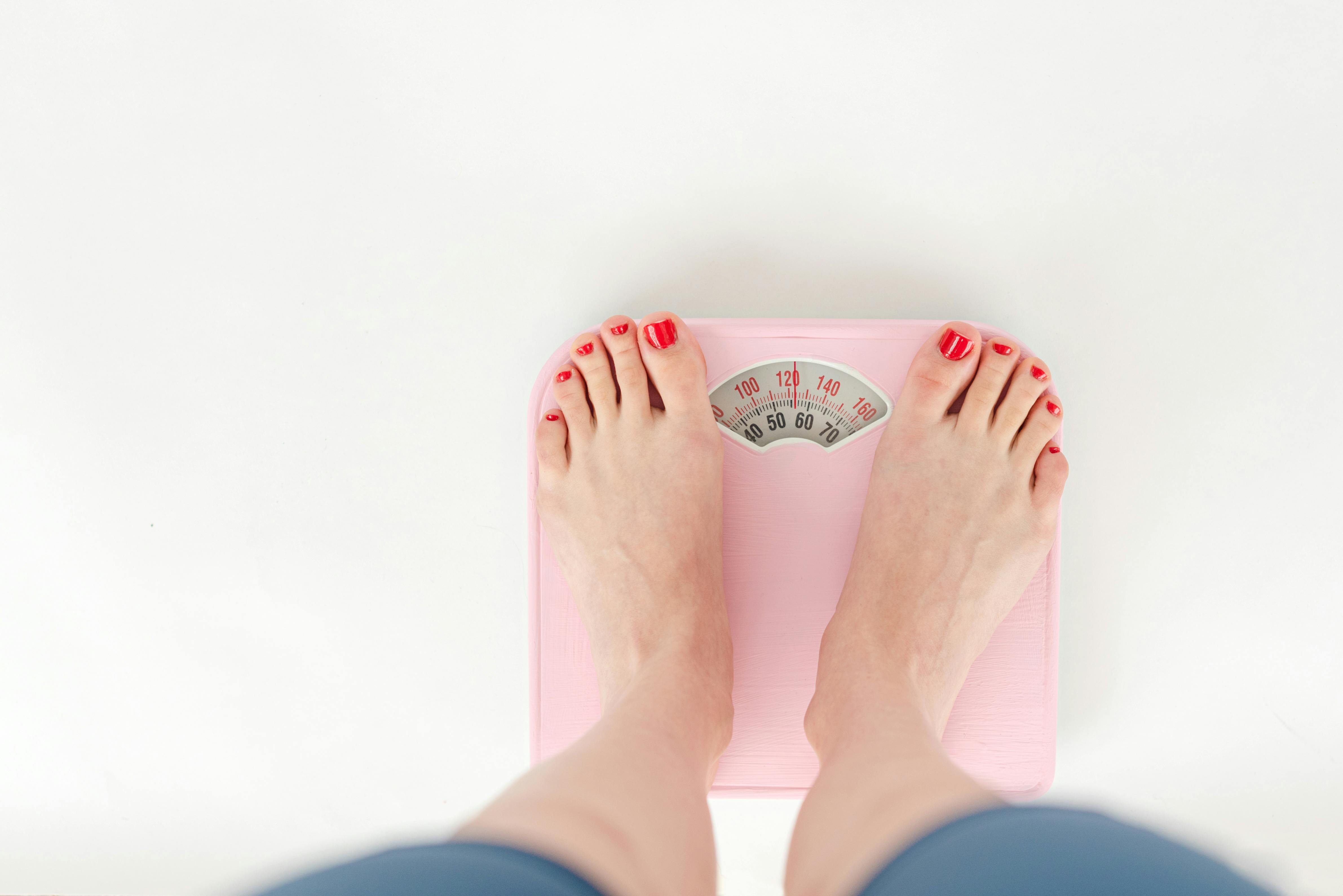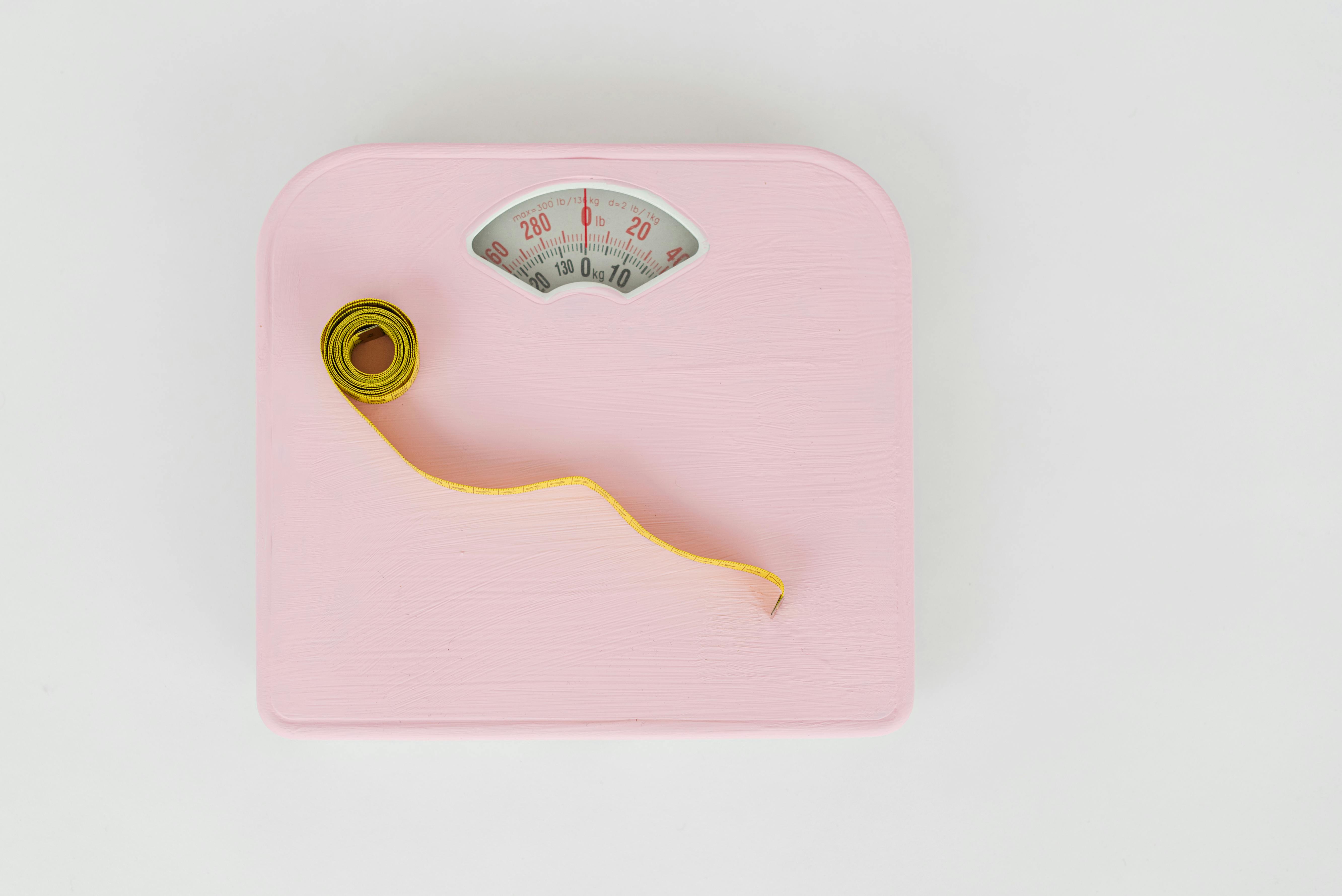Author:
Clinically Reviewed By:
https://www.berrystreet.co/blog/nutritionist-vs-dietitianWhen it comes to shedding unwanted pounds, many wonder: can a nutritionist help me lose weight? The answer is maybe. Many often confuse nutritionist with dietitian – but a Registered Dietitian can be instrumental in helping you achieve your weight loss goals.
At Berry Street, our experienced Registered Dietitian Nutritionists use evidence-based strategies to create sustainable changes that promote both weight loss and overall well-being.
In this article, we'll explore how working with a dietitian can support your weight loss efforts. We'll cover what to expect from a weight loss dietitian, how to prepare for consultations, and the long-term benefits of personalized care.
Let's dive into why nutrition therapy might be the key to unlocking lasting weight loss success.
What Is A Weight Loss Dietitian Or Nutritionist?
A weight loss dietitian is a healthcare professional specializing in creating personalized nutrition plans to help individuals lose weight in a sustainable and healthy way.
In the dietitian vs. nutritionist for weight loss debate, dietitians are the safer bet. Unlike general nutritionists, dietitians are often licensed and have advanced training in medical nutrition therapy, which means they can address specific health conditions that may contribute to weight management issues.
This could include metabolic disorders, hormonal imbalances, emotional food struggles, or gastrointestinal concerns that might make it difficult to lose weight.
In addition to helping you shed pounds, dietitians also focus on improving your overall health.
Dietitians use evidence-based practices to create meal plans tailored to your specific needs, promoting long-term behavior changes that go beyond simple calorie counting.

Why Might You Need Nutrition Therapy For Weight Loss?
Nutrition therapy for weight loss is crucial for individuals who struggle with more than just counting calories. Medical Nutrition Therapy (MNT), conducted by a Registered Dietitian Nutritionist (RDN), offers a structured and personalized approach to weight management.
MNT provides tailored advice based on your health history, dietary preferences, and lifestyle, creating sustainable, long-term results rather than short-term fixes.
This therapy goes beyond general diet plans by addressing underlying factors such as metabolic issues, nutritional deficiencies, and emotional eating triggers.
The Cleveland Clinic highlights that MNT for weight loss is particularly beneficial for those dealing with chronic conditions like diabetes or obesity, helping them make informed food choices while considering their specific health needs.
How Do You Prepare For A Dietitian Consult For Weight Loss?
Proper preparation for your first appointment with a dietitian is key to ensuring you get the most out of the session. Below are several practical tips to help you prepare:
Keep A Detailed Food Journal
Before your consultation, it’s beneficial to track your eating habits by keeping a food journal for a few days. This ideally includes everything you consume—meals, snacks, and even beverages.
Logging general portion sizes and times you eat can help your dietitian assess your eating patterns, food preferences, and nutritional intake. Or better yet keep a picture food journal so your RDN can see what you are eating.
In our experience, this helps the dietitian create a more accurate and personalized nutrition plan during your session. Keeping track of everything—even the small things—ensures your dietitian can provide recommendations based on your real habits, not assumptions.

Bring Your Medical History
Your dietitian will also want to review your medical history. Conditions like diabetes, high cholesterol, or digestive issues can significantly affect your diet and weight loss strategy.
Bringing recent lab results and any diagnoses, medications, or supplements you're taking is highly beneficial.
This helps your dietitian tailor dietary recommendations or suggest specific supplements for nutrient deficiencies. For example, if you’re deficient in iron or vitamin D, your dietitian can incorporate foods or supplements to address these concerns.
Set Clear Goals
Knowing what you want to achieve is essential for a productive first session. Take some time before your appointment to define your weight loss goals.
Are you aiming for a specific weight? Or are you more focused on improving certain health markers, such as blood pressure or cholesterol? Your dietitian can help you set SMART goals (Specific, Measurable, Achievable, Relevant, and Time-bound) that are more actionable.
We've found that working together to set these types of goals ensures you leave the appointment with clear next steps.
Be Open About Your Lifestyle
Your lifestyle significantly impacts your diet and weight loss success. Be prepared to discuss your daily routine, stress levels, sleep habits, and any barriers you face in maintaining a healthy diet.
Your dietitian will use this information to create a realistic plan that fits into your life, ensuring that it's sustainable.
Discussing these elements openly allows your dietitian to address the behavioral aspects of weight loss, which are often just as important as the food you eat.

Ask Questions
Knowing what to ask a dietitian is essential! This is your opportunity to gain clarity on any dietary concerns or confusion.
Common questions may include asking about meal planning, handling dining out, or understanding food labels better.
This engagement helps ensure you are fully equipped to follow through with the recommendations provided. We recommend asking specific questions, like how to manage portion sizes or how to track your progress, to make the most of your session.
By following these tips, you’ll be well-prepared for your first meeting with a dietitian, setting you up for a productive and successful weight loss journey.
What Happens During Dietitian Visits For Weight Loss?
Dietitian visits for weight loss are comprehensive, focused on both understanding your current habits and providing tools for sustainable change. Here's a breakdown of what happens at a dietitian appointment:
Initial Assessment
Your first appointment typically starts with an in-depth assessment of your current diet and lifestyle.
Your dietitian will likely ask you to keep a food journal for several days before your visit to capture your eating patterns, portion sizes, and snack habits. They will also evaluate your medical history, medications, and any conditions like diabetes or digestive issues that may affect your dietary needs. This session often lasts about an hour.
Nutritional Diagnosis
After the assessment, your dietitian will diagnose any nutritional issues that need addressing. For example, they might identify an imbalance in macronutrients (like too many carbs or not enough protein) or dietary gaps like insufficient fiber intake.
This diagnosis guides the rest of your weight loss plan and ensures it’s tailored to your specific needs. It’s not a medical diagnosis, but rather a focus on improving nutritional health.

Personalized Nutrition Plan
Once your RDN has met with you to identify your needs and challenges, they will work with you to create a customized plan designed to meet your goals, whether that’s losing weight, improving metabolic health, or simply eating healthier.
This plan may include detailed guidance on portion sizes, meal timing, and balanced macronutrient intake.
Education is a key component, where you'll learn how to read food labels, manage calorie intake, and make healthier food choices.
Goal Setting And Behavior Change
Setting clear and achievable goals is vital to long-term success. Dietitians focus on a SMART goal framework, which stands for Specific, Measurable, Achievable, Relevant, and Time-bound goals.
These goals help you track your progress and stay motivated.
A common goal might be to walk 3 times per week, to support a gradual, sustainable weight loss.
Follow-Up Visits And Continuous Support
Dietitians provide ongoing support through follow-up visits, where they monitor your progress, adjust your plan as needed, and offer motivation and accountability
Check-in regularly with a virtual dietitian at Berry Street, whether in person or virtually, to ensure you stay on track and can troubleshoot any challenges you face, such as plateaus or emotional eating triggers.
These follow-ups typically last 30-45 minutes.
What Are The Benefits Of Working With A Dietitian For Weight Loss?
Working with a dietitian for weight loss offers a highly personalized and evidence-based approach to nutrition that goes beyond what generic diet plans and apps can provide.
Here’s why it’s worth considering:
Customized Nutrition Plans
One of the major advantages of working with a registered dietitian is the creation of a custom-tailored nutrition plan. Dietitians assess your medical history, dietary preferences, and lifestyle factors to ensure you receive the right balance of macronutrients and essential vitamins.
This ensures your dietary needs are met in a sustainable way, reducing the likelihood of nutrient deficiencies and promoting long-term health.

Accountability And Motivation
Weight loss can be an emotionally challenging journey. Many individuals struggle with staying motivated and avoiding setbacks.
Dietitians offer continuous support, providing regular check-ins and helping you navigate through plateaus and tough times.
This accountability keeps you on track and offers a more sustainable path to weight loss than self-guided efforts.
Addressing Underlying Health Issues
For individuals dealing with conditions like diabetes, heart disease, or gastrointestinal disorders, medical nutrition therapy (MNT) is essential. Registered dietitians are trained to manage and improve these conditions through nutrition.
Dietitians use evidence-based strategies to support improvements in health markers such as blood sugar levels and cholesterol
Managing Weight Plateaus
Reaching a plateau in your weight loss journey can be discouraging, but dietitians are trained to help you overcome these hurdles. Weight plateaus often result from hormonal and metabolic changes.
A dietitian can help you adjust your diet and lifestyle to continue making progress, as highlighted by research on weight management interventions.
Long-Term Success
The key to lasting weight loss is developing healthy habits that are sustainable over time.
Dietitians focus on behavior modification, teaching mindful eating strategies, and offering stress management tips to prevent relapse into old habits.
This holistic approach addresses not just diet but also mental health, physical activity, and overall lifestyle.
Will A Dietitian Or Nutritionist Give You A Meal Plan?
The short answer is that it depends on your specific needs and preferences. While some registered dietitians (RDs) do provide detailed meal plans, others tend towards guiding clients toward making informed food choices without prescribing a strict regimen.
Dietitians can create meal plans that are customized to your individual health goals, whether that’s losing weight, gaining muscle, or managing a chronic illness.

Personalized Vs. Generic Meal Plans
A common misconception is that dietitians hand out generic meal plans to all their clients. In reality, creating a sustainable, personalized plan is more effective.
Our dietitians develop meal plans based on your food preferences, lifestyle, and any specific dietary restrictions like allergies or intolerances.
This customization ensures that the meal plan is practical and easy to stick with.
Meal Plans As A Tool For Weight Loss
Meal planning can help you stay on track with your weight loss goals. Dietitians often recommend planning meals ahead of time to reduce the likelihood of making unhealthy choices when you're tired or stressed.
A well-structured meal plan provides balance, helping you achieve the right intake of macronutrients, vitamins, and minerals. This not only supports weight loss but also improves overall health and stable blood sugar levels which is the key to reducing cravings and feeling overly hungry
We've found that customized meal plans save time and can prevent nutrient deficiencies by ensuring you get the right amounts of essential nutrients.
Behavioral Guidance Vs. Strict Plans
However, not all dietitians will provide detailed meal plans. Some prefer to teach clients how to make better choices rather than dictating every meal. This approach fosters long-term behavioral changes.
Eatright states that registered dietitians focus on helping you develop skills such as mindful eating, portion control, and understanding food labels.
This empowers you to make healthy decisions without feeling restricted by a set plan.

How Much Does It Cost To See A Dietitian For Weight Loss?
The cost of seeing a dietitian for weight loss can vary greatly depending on several factors, such as location, experience level, and whether or not your insurance covers the visit. On average, a private dietitian may charge between $100 to $200 per hour for consultations.
However, the good news is that many insurance plans cover nutrition counseling, which can significantly reduce or eliminate out-of-pocket costs.
For example, at Berry Street, we prioritize making dietitian services accessible to everyone by ensuring that a dietitian covered by insurance is available to most of our clients. This means you could pay little to nothing for a session, as most major insurance providers cover these services at 100%.
Conclusion
In summary, working with a Registered Dietitian for weight loss provides personalized, evidence-based support that addresses your unique health needs and long-term goals.
Whether you're seeking help with managing chronic conditions, improving your relationship with food, or simply maintaining a healthy weight, dietitians offer tailored guidance that can make all the difference.
With many insurance plans covering the cost of these services, it’s easier than ever to access high-quality nutrition care without a significant financial burden.
Ready to take the next step? You can find a registered dietitian who fits your needs and start your journey toward better health by visiting Berry Street.

















